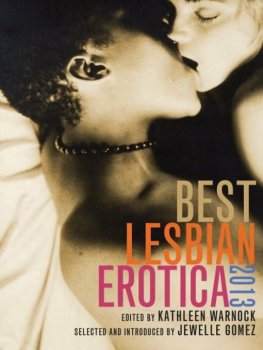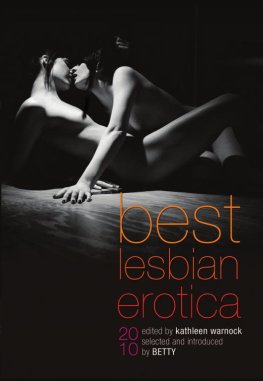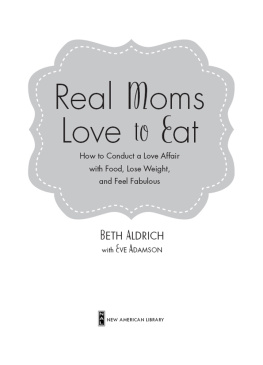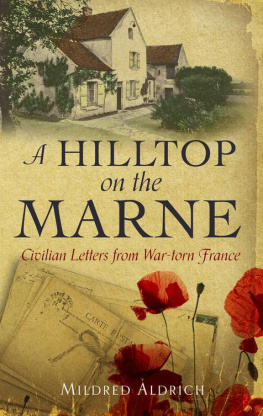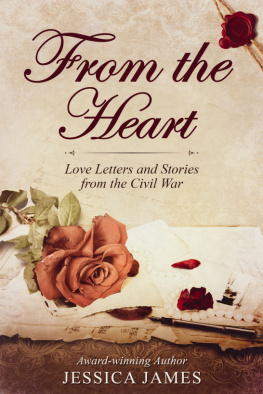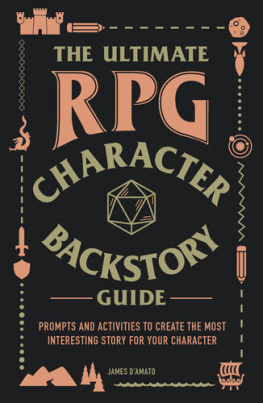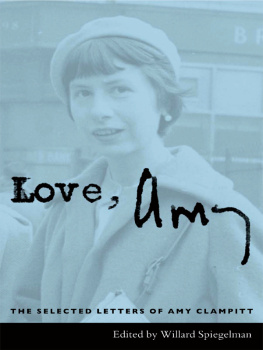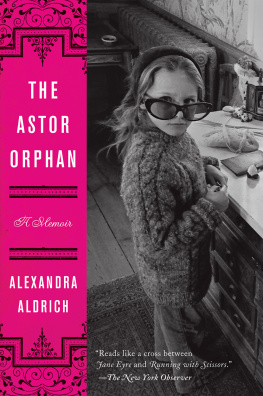Aldrich Ann - We, Too, Must Love
Here you can read online Aldrich Ann - We, Too, Must Love full text of the book (entire story) in english for free. Download pdf and epub, get meaning, cover and reviews about this ebook. City: United States, year: 2006, publisher: The Feminist Press at CUNY, genre: Art. Description of the work, (preface) as well as reviews are available. Best literature library LitArk.com created for fans of good reading and offers a wide selection of genres:
Romance novel
Science fiction
Adventure
Detective
Science
History
Home and family
Prose
Art
Politics
Computer
Non-fiction
Religion
Business
Children
Humor
Choose a favorite category and find really read worthwhile books. Enjoy immersion in the world of imagination, feel the emotions of the characters or learn something new for yourself, make an fascinating discovery.

- Book:We, Too, Must Love
- Author:
- Publisher:The Feminist Press at CUNY
- Genre:
- Year:2006
- City:United States
- Rating:5 / 5
- Favourites:Add to favourites
- Your mark:
- 100
- 1
- 2
- 3
- 4
- 5
We, Too, Must Love: summary, description and annotation
We offer to read an annotation, description, summary or preface (depends on what the author of the book "We, Too, Must Love" wrote himself). If you haven't found the necessary information about the book — write in the comments, we will try to find it.
We, Too, Must Love — read online for free the complete book (whole text) full work
Below is the text of the book, divided by pages. System saving the place of the last page read, allows you to conveniently read the book "We, Too, Must Love" online for free, without having to search again every time where you left off. Put a bookmark, and you can go to the page where you finished reading at any time.
Font size:
Interval:
Bookmark:
A SALUTE TO ANN ALDRICH
If you were a lesbian in the 1950s, you were probably married, with children. Or solitary drudging in the hinterlands.... Could you be the only woman on the planet with tender feelings for other women? Were you evil? Cursed? Or merely sick?... And then a miracle happened. In the drug store, the train station, the bus stop, the newsstand, you came across a rack of pulp paperbacks. Among the cowboy tales, the cops-and-robbers, and the science fiction, there began to be books about lesbians. Suddenly, you had a name, an identity, and a community of unknown sisters....
Some of the books you read so eagerly, so secretly, were fictional romances, and even with their heartaches, they provided solace and erotic transport. But another genre appeared: factual reports about lesbian life in the big city, penned by someone who lived there and knew. Her name was Ann Aldrich, and two of her best-known booksWe Walk Alone and We, Too, Must Loveare now being reissued.
Aldrich told you what it was like to come out (joyful prospect!). She told you where lesbians in the know gatheredthe bars, the resorts, the restaurants. She told you what these women wore, how they talked, how they coped with intricate personal problems. You were amazed to discover that there were different lifestyles within the nascent lesbian community: high and low, butch and femme, uptown and low-down.
There were even men in the lives of many of them. How did that work? It was a veritable Michelin Guide. You were riveted to the page....
The effect on women was electric. From every corner of creation, they wrote wrenching letters of relief and gratitude. Some were saved from suicide, the only solution to their dilemma they could conceive. Aldrich herself was taken aback at the outpouring of emotion.
Ann Bannon,
author of Odd Girl Out and The Beebo Brinker Chronicles
July 2006
Other Works by Ann Aldrich:
We Walk Alone (1955)
Carol in a Thousand Cities (1960)
We Two Wont Last (1963)
Take a Lesbian to Lunch (1972)

Published by the Feminist Press at the City University of New York
The Graduate Center
365 Fifth Avenue
New York, NY 10016
www.feministpress.org
First Feminist Press Edition, 2006.
Copyright 1958 by Ann Aldrich
Introduction copyright 2006 by Marijane Meaker
Afterword copyright 2006 by Stephanie Foote
All rights reserved.
No part of this book may be reproduced or used, stored in any information retrieval system or transmitted in any form or by any means, electronic, mechanical, photo-copying, recording, or otherwise without prior written permission from the Feminist Press at the City University of New York, except in the case of brief quotations embodied in critical articles and reviews.
Originally published by Fawcett Publications in 1958.
Library of Congress Cataloging-in-Publication Data
Aldrich, Ann, 1927 May 27-
We, too, must love / Ann Aldrich ; introduction by Marijane Meaker ; afterword by Stephanie Foote. -- 1st Feminist Press ed.
p. cm.
Original ed. 1955 by Ann Aldrich.
ISBN-13: 978-1-55861-934-0
1. Lesbians--United States. 2. Lesbianism--United States. I. Title.
HQ75.6.U5A43 2006
306.76'630973--dc22
2006021211
This publication was made possible, in part, through the support of Diane Bernard in honor of Joan R. Heller, Don Linn, and Dorothy Sander and Joyce Warshow.
Text design by Lisa Force
10 09 08 07 06 5 4 3 2 1
CONTENTS
In 1958, Dick Carroll, my editor at Gold Medal Books, asked me to write the second book in what he saw as the Ann Aldrich series.
We Walk Alone, the original Aldrich, had been inspired by Edward Sagarin, who had used the pseudonym Donald Webster Cory on The Homosexual in America. Corys groundbreaking book was a very thorough examination of the life of a homosexual male. It had no lesbian counterpart. As a young writer of successful paperbacks, my bestseller was a lesbian story, Spring Fire (1952), which I had written that under the name Vin Packer.
Pseudonyms were not uncommon in the fifties, particularly if you were writing about homosexuals. I have always liked disguises, and I did not mind at all writing under that name. But I had an altogether different reason for writing under a pseudonym in those days. I had been unable to find a literary agent when I first arrived in New York City, upon my graduation from the University of Missouri. After many attempts to interest an agent in my work, I finally realized that I should become one, and my clients would all be me, with different names. I wrote everything from stories for confession magazines and slicks to suspense novels for Gold Medal Books.
The Vin Packer name had received some attention in the Mystery/Suspense field, with reviews in both the Sunday NewYork Times, and the Sunday Herald Tribune. I had decided the Packer name should stay exclusive to the mystery genre.
Ann Aldrich was the name I chose for my lesbian series, since my editor insisted on a good old American plain Jane name. He wanted nothing fancy or exotic, when I was to appeal to the small town lesbian, the kind of young woman who wrote letters to Vin Packer after she published her first book.
Dick was surprised, the executives at Fawcett were amazed, and even I was incredulous when Spring Fire sold 1,463,917 copies. None of us had expected such a response, and the mail for Ms. Packer was largely from small towns all around the United States.
We were not really surprised when Ann Aldrich received even more mail. Although Packers name was never associated with We Walk Alone, the first Aldrich book, it had become obvious that there was a vast lesbian audience.
The territory I knew best, as a lesbian, was New York City. I knew a lot about small town lesbianism, and about being a lesbian in a small town in upstate New York. And I knew quite a bit about being a lesbian in boarding school and college. But most of that experience was undercover. For all those young lesbians who are out today, the great majority of us in the fifties were in. I think those who wrote letters to Ann Aldrich were courageous, for it was the time of witch-hunts and congressional investigations. But they were also the days when a lesbian was often desperate to connect to someone like herself, no matter the risk. Today a lesbian can use any search engine on her computer to find Internet sites, clubs, magazines, newspapers, and television shows catering to her. In the 1950s, you found others by word-of-mouth, by going to bars, and by happenstance.
When I had just graduated from college, and was working for $32.50 a week at a New York publishing house, I found my first gay bar by asking a taxi driver where there was one.
The second Aldrich book, We, Too, Must Love had one of the oddest covers Id ever seen. The naked women were back-to-back like Siamese twins, perched atop what looked like a red comforter. Someone at Fawcett publications had managed to get a blurb from Dr. Richard Hoffman, recommending the book as An honest book, a book necessary to light up the dark places of our society.
Praise from an authority of some sort was necessary, for paperback publishers were still shaken by recent postal inspections that banned any books suspected of endorsing an immoral life. Distributing these books was not an easy feat in those days. Some places would not sell them. At the time Packer and Aldrich were just beginning their careers, even I was reluctant to buy my own books, in my Upper East Side friendly tobacco store.
Next pageFont size:
Interval:
Bookmark:
Similar books «We, Too, Must Love»
Look at similar books to We, Too, Must Love. We have selected literature similar in name and meaning in the hope of providing readers with more options to find new, interesting, not yet read works.
Discussion, reviews of the book We, Too, Must Love and just readers' own opinions. Leave your comments, write what you think about the work, its meaning or the main characters. Specify what exactly you liked and what you didn't like, and why you think so.

